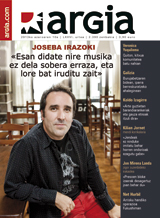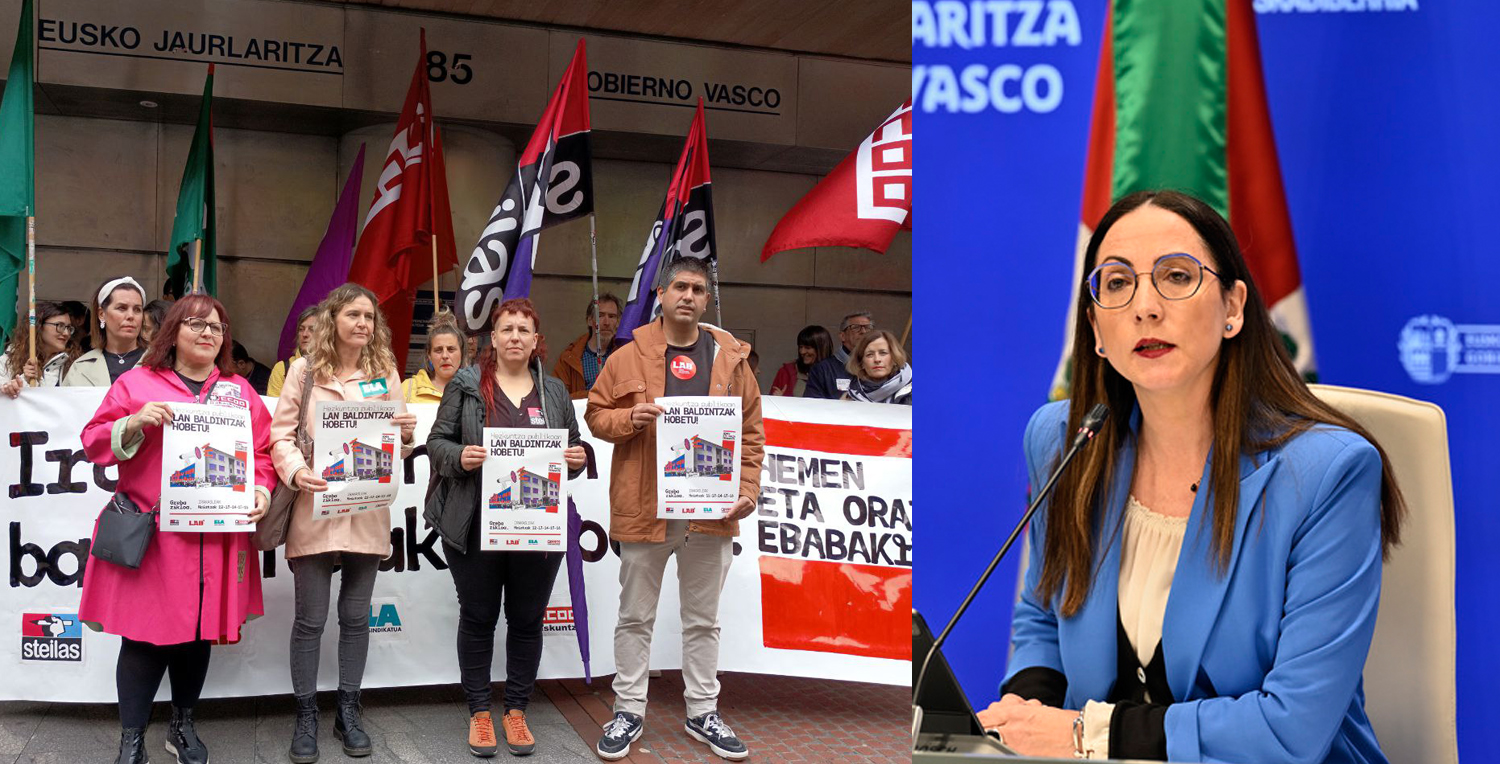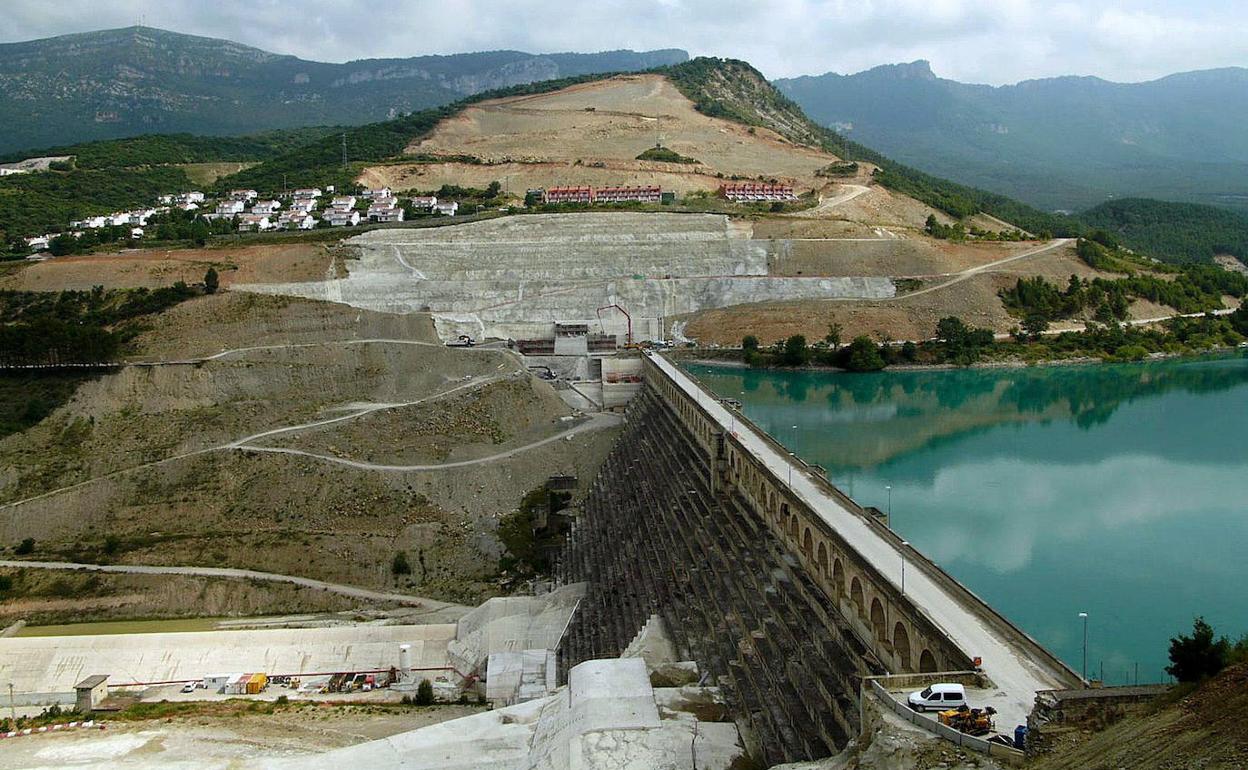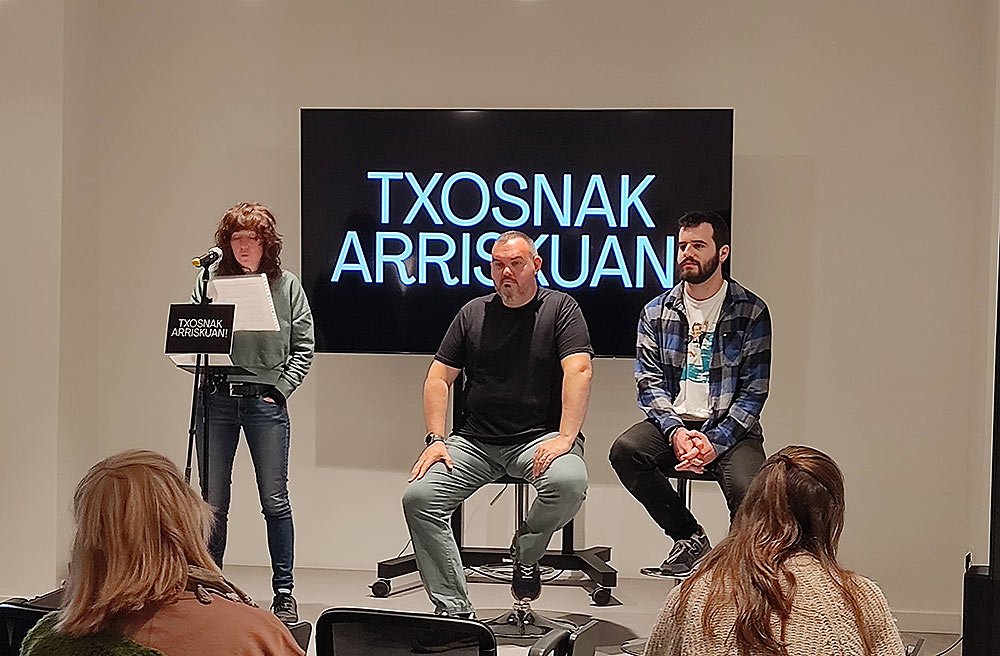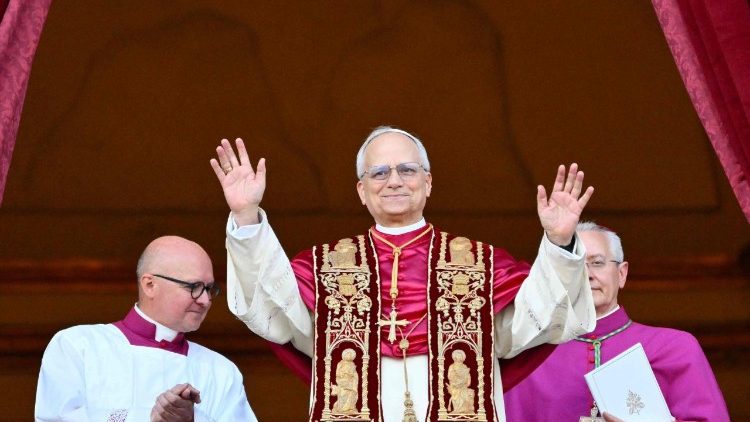In memory of Joxan Lizarribar
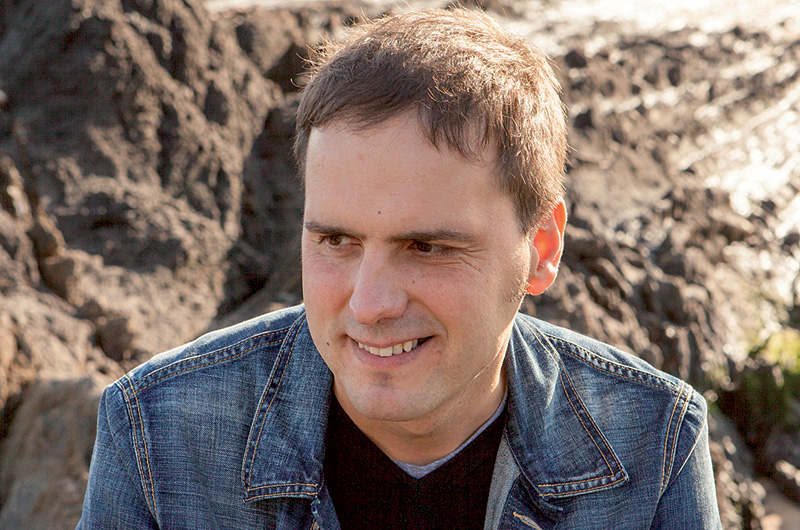
Ten years have passed since the Zaharregia project, Txikiegia agian, was launched in New York in 2003. On this occasion, Kirmen Uribe, Mikel Urdangarin, Rafa Rueda, Bingen Mendizabal and Mikel Valverde met again, among others. After his première on October 3 at the Marabilli Festival in Ondarroa, the record book published by the Elkar record label will soon be on the street. Kirmen Uribe explains this to us: “When former Berria President Joxan Lizarribar was about to die, I met with Mikel Urdangarin and decided to do something for Joxan, who was in our first performance in New York and who was our first enthusiast, the first and perhaps the biggest.” The new sensitivity will bring Basque creators back to New York on 18 November. On 25 January, on the other hand, we will be able to see them in Donostia-San Sebastián.
We have put several questions to Kirmen Uribe:
How are the Little God and Playful, the sensible and the record book?
We've collected eight songs and four poems. All texts are mine and most songs are by Mikel Urdangarin. Rafa Rueda has composed three songs. They've composed music and songs about text, and they've also created melodies to read some poems. In the case of Urdangarin, it is the first time he has dedicated himself to this kind of work, as he usually makes music ahead and then lyrics.
It has been a nice process, we have talked a lot with each other and that is noted on the record.
What do songs talk about?
In the texts there is everything, there are free bertsos, but also bertsos writings, coplas… They are texts of great color, very different from each other and also songs in a very different way. We delved into the world of folk rock. It has a traditional point or folk, but it's a very modern disk.
The line between the poem and the song will be thin...
They're all poems. The truth is that not all poems can be converted into songs, the song has a concrete measure to include it better in the melody. On the other hand, poems written in free verse have their own rhythm, their music, and that's really interesting, what we've done is that, reinforce that rhythm of poems with the help of music. The one who listens to the album will not notice any jump between the recited poem and the songs. The disk comes in fast, it's easy to hear.
And are there differences depending on the interpreters?
We're a team. Three voices are heard on the album: Mikel Urdangarin's, Rafa Rueda's and mine. That gives color and variety to the disc, but we've worked as a group when it comes to making the disk. The whole team has worked, and that's given him unity and a color. I think the listener will be grateful that the record is colored. The line goes to the thread of the texts and it is clear that they have all been written by one. Rafa's electric guitar, Mikel's acoustic guitar and Bingen's violin are present in all songs and poems, which gives it unity. For me, this album is a gift, because I've had prepared musicians and next to me.
Should music depend on words?
I don't think they're well sewn. The words of this sensible are very important, they are very elaborate texts, and the words are very present in some songs, but I would say that nusika and the word are on the same level.
Why is the relationship between music and literature so close?
Because music and literature come from the same place, regardless of creativity. The word is also made of sound,
words are, so to speak, sounds with content.
BRN + Neighborhood and Sain Mountain + Odei + Monsieur le crepe and Muxker
What: The harvest party.
When: May 2nd.
In which: In the Bilborock Room.
---------------------------------------------------------
The seeds sown need water, light and time to germinate. Nature has... [+]









